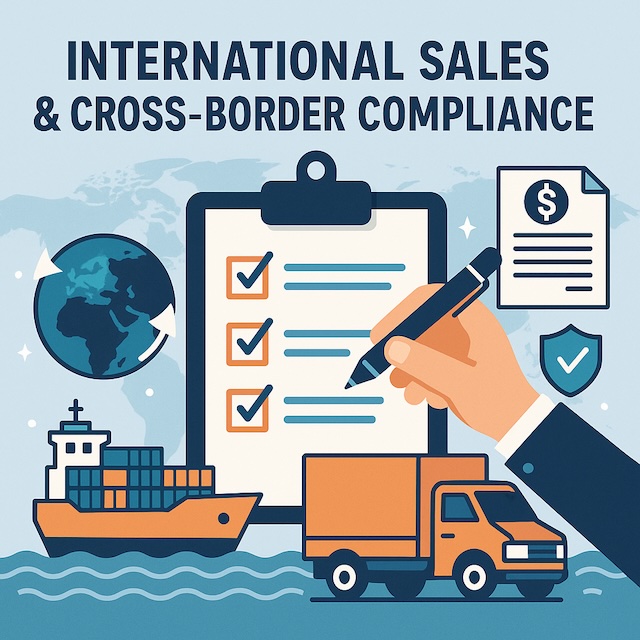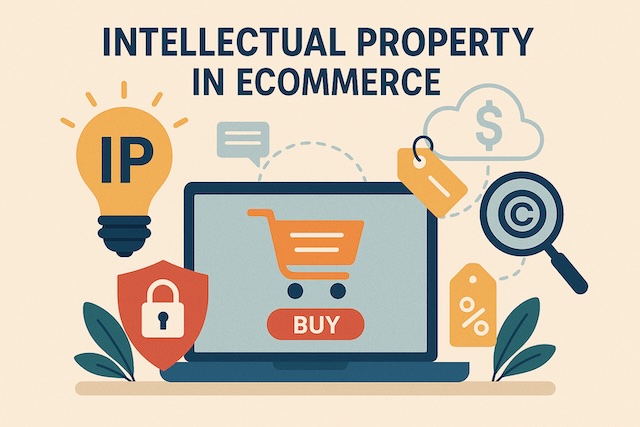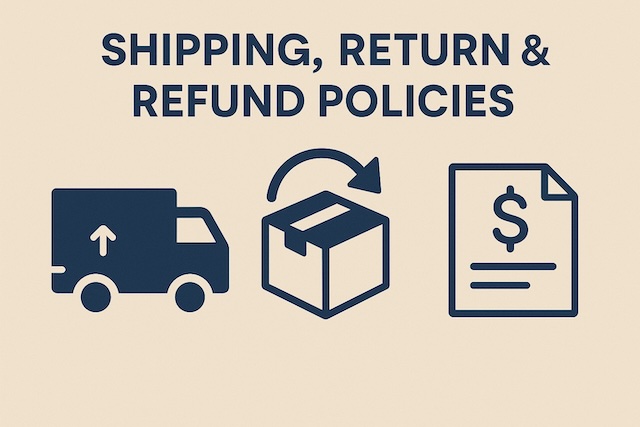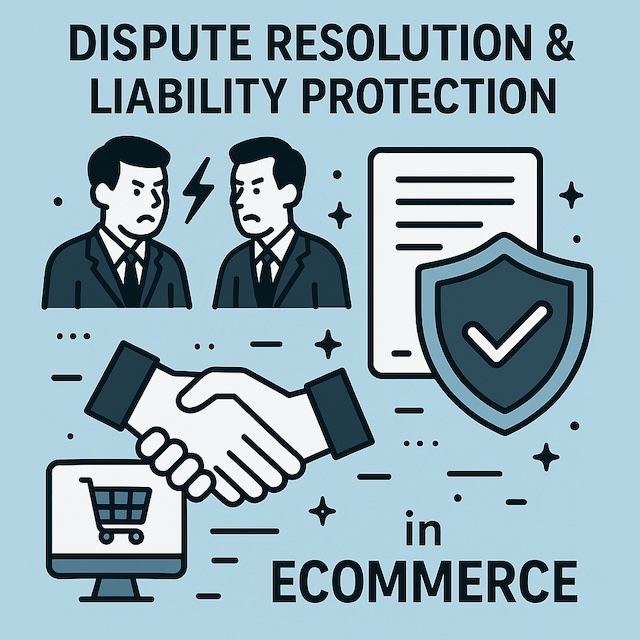Why Global Compliance Matters
The internet makes it easy to sell worldwide — but crossing borders introduces new legal obligations. International sales require compliance not only with U.S. law but also with the laws of your customers’ countries.
- Certain goods (like tech, defense-related items, or dual-use products) may require export licenses.
- The U.S. also restricts trade with sanctioned countries (e.g., Iran, North Korea).
- Selling restricted items abroad can result in heavy fines or even criminal charges.
Privacy & Data Protection Abroad
- The EU’s GDPR applies to any U.S. store selling to EU residents or collecting their data.
- GDPR requires:
- Explicit consent for data collection.
- Clear privacy policies.
- The right for users to access or delete their data.
- Other countries (Canada, Brazil, UK) have similar laws.
Taxes & Customs
- Many countries impose VAT (Value Added Tax) or import duties.
- Some platforms (like Shopify) help calculate and collect these automatically.
- Failure to disclose possible fees can lead to disputes, returns, or chargebacks.
Practical Tips for Global Sales
- Use international-friendly payment processors.
- Be transparent about shipping times and customs fees.
- Consider limiting sales to countries where compliance is manageable.
Key Takeaways
- Selling globally means following both U.S. and foreign regulations.
- GDPR and VAT are the most common compliance hurdles for U.S. sellers.
- Transparency with customers reduces disputes and builds trust.
Action Step: If you sell internationally, update your Privacy Policy to address GDPR and research VAT obligations for your biggest markets.
If you want to read more about International Sales & Cross-Border Compliance, please see Recommended Books.





